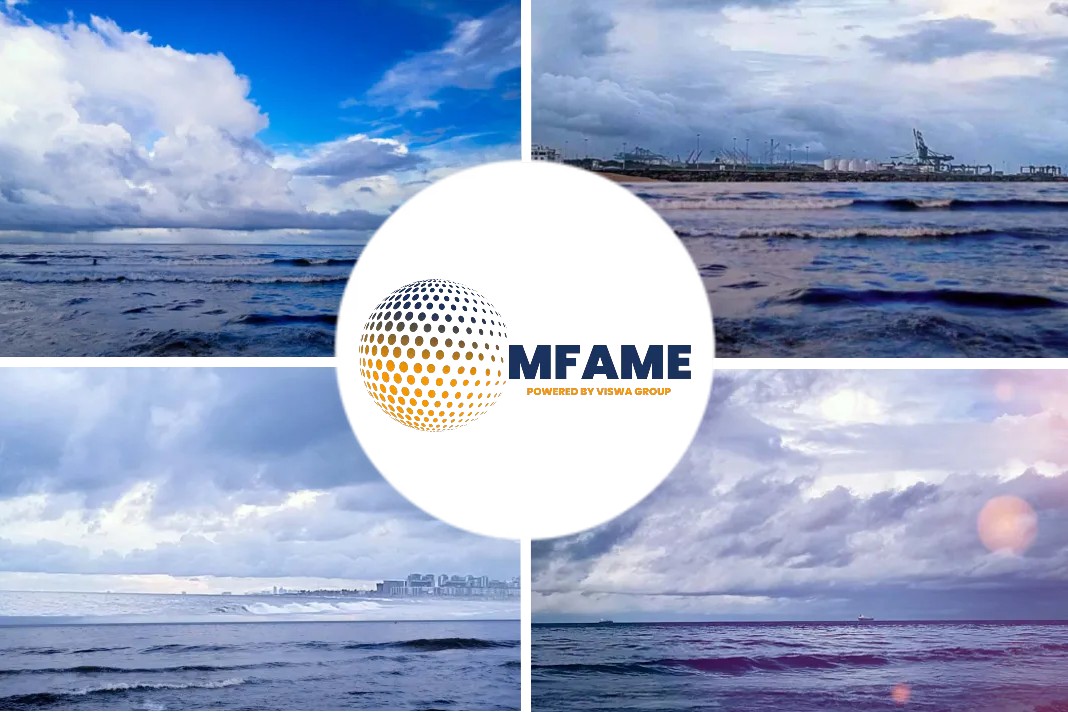- Decarbonisation of shipping is going to be difficult.
- If we are to succeed, we need a sophisticated policy response, not a hodgepodge of disconnected regulatory tools enacted as the result of short-term political skirmishes.
- As to the IMRB research and development program and a carbon pricing mechanism – those two tools can only be successful if they work in concert.
John Butler, president and CEO of the World Shipping Council, writes for Splash today, laying out the liner lobbying group’s position on how to slash the sector’s emissions. Attacking the shipping industry’s $5bn R&D proposal is defeatist, he argues.
Marine Environment Protection Committee
One of the most important items on the agenda for the next meeting of the IMO’s Marine Environment Protection Committee is further consideration and development of the International Maritime Research and Development Board, or IMRB.
The IMRB proposal is currently co-sponsored by ten IMO Member States and eight industry associations.
An IMO-supervised research and development body, the IMRB provides $5-6bn industry contributed funds over the next decade.
The purpose of the IMRB meets clear needs: to identify, develop, and demonstrate the fuels and technologies of the future that will allow international shipping to decarbonise in line with ambitious targets set by the IMO and consistent with the Paris Agreement.
GHG goals and its challenges
Today we do not have fuels, containment systems, and fuel delivery infrastructure that can put a zero-carbon trans-oceanic ship on the water.
While there are a number of promising pilot projects planned and underway, the scale and scope of these projects is not sufficient to the pressing challenge we face and the urgent need to meet the climate challenge.
We must find the answers to these engineering questions in order to meet our GHG goals.
Is the logic clear?
The logic is clear: To solve a hard engineering problem on a global basis in a short period of time, you need a mechanism of the proper size and scope to solve that problem.
The IMRB is that mechanism, and the sooner it is up and operating, the sooner we can match the talk about decarbonisation with real-world technological solutions.
There is no short-cut to meeting the goal.
The Environmental Defense Fund
The Environmental Defense Fund, Transport & Environment, Pacific Environment, Carbon Market Watch, and WWF International have signed a letter that urges the co-sponsors of the IMRB to abandon that proposal.
You read that right; environmental advocates oppose research and development that will lead to a viable technological pathway to the decarbonisation of international shipping.
Why do these groups oppose the IMRB?
And why do these groups oppose the IMRB? They claim that the IMO is incapable of considering and implementing both the IMRB and a carbon pricing system. The World Shipping Council categorically rejects that defeatist approach.
- Decarbonisation of shipping is going to be difficult.
- If we are to succeed, we need a sophisticated policy response, not a hodgepodge of disconnected regulatory tools enacted as the result of short-term political skirmishes.
- As to the IMRB research and development program and a carbon pricing mechanism – those two tools can only be successful if they work in concert.
- Neither alone will get the job done.
Carbon pricing works
Carbon pricing works on the concept that if you make undesirable behavior (burning fossil fuels) more expensive, then people will shift to more desirable behavior (using low-carbon and no-carbon fuels).
For the mechanism to work, however, there must be a viable pathway to the preferred behavior.
But that pathway does not exist today for deep-sea ocean shipping, and if carbon pricing is to deliver results, we must also create that technological pathway.
That is precisely what the IMRB will do, and the sooner we do that essential research and development work, the more effective, and the less expensive, any carbon pricing tool will be. It is not either/or. It is both/and.
Letter from five environmental groups
The letter from these five environmental groups is a disappointing signal of defeatism from groups that have the potential to contribute in a much more constructive way.
Let us hope that countries that must actually make these hard decisions do not mimic that defeatism.
The industry is under no illusion about the technical or political challenges that shipping faces as we decarbonise.
What we collectively – governments, industry, and environmental NGOs – cannot succumb to is a reductionist approach that shies away from doing what is necessary even as we try to convince ourselves that doing something less than what is required can be touted as a success.
To reach our objective of full decarbonisation, we need both the IMRB and a global carbon price for shipping.
Did you subscribe to our daily newsletter?
It’s Free! Click here to Subscribe!
Source: Platts























